Oklahoma, also known as the Sooner State, offers a unique blend of small-town charm and a diverse experience for its residents. It is known for its rich Native American history and culture, with 38 tribal nations and various historic sites and museums. Oklahoma boasts a wealth of natural beauty and scenic landscapes, and while there are many reasons to live there, it does have its drawbacks. So whether you’re searching for homes for sale in Oklahoma City, an apartment in Tulsa, or wondering if Oklahoma is a good place to live, read on for ten pros and cons of living in Oklahoma before calling this state home.
Interested in moving to Oklahoma? Check out:
Homes for sale in Oklahoma | Apartments for rent in Oklahoma | Houses for rent in Oklahoma
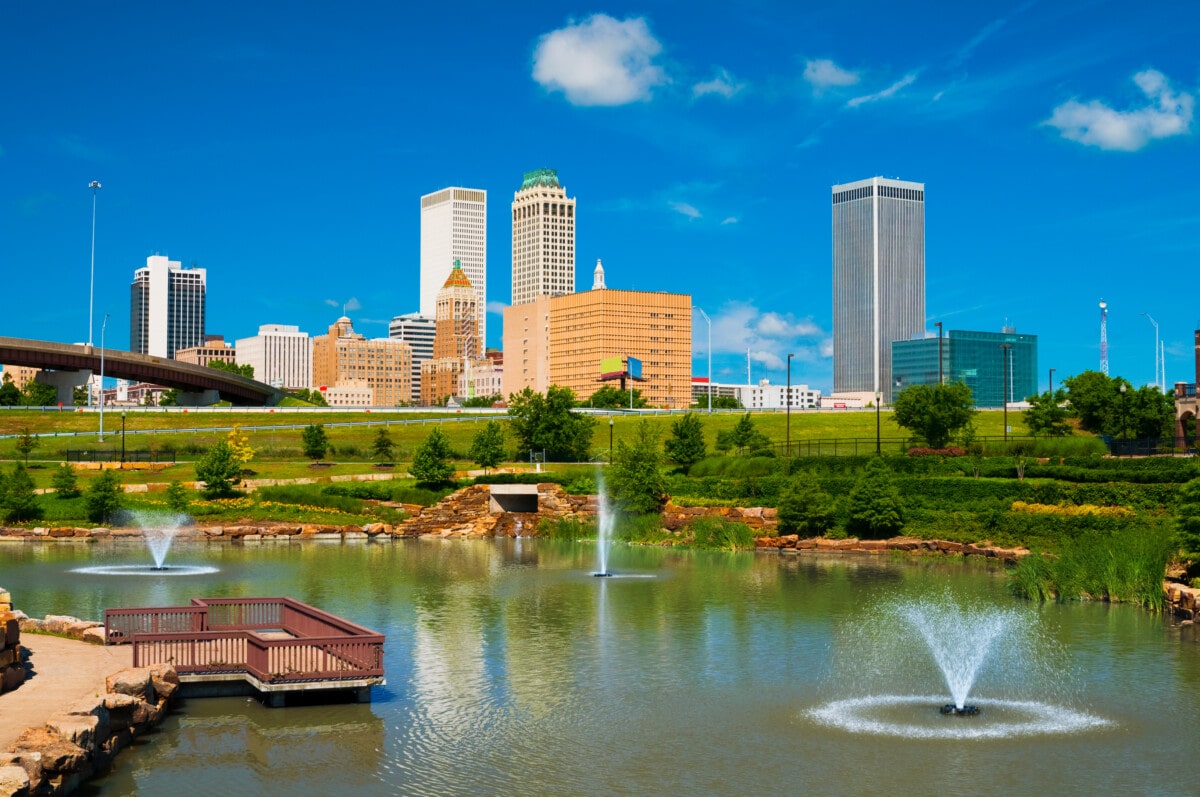
Quick Facts about Oklahoma
| Population | 3,959,353 |
| Median home sale price | $243,600 |
| Average rent in Oklahoma | $1,056 |
| Largest cities in Oklahoma | Oklahoma City, Tulsa, Norman |
Is Oklahoma a good place to live?
1. Pro: Oklahoma is an affordable state to live in
Oklahoma stands out as one of the most affordable places to live in the U.S., making it especially appealing for first-time homebuyers or anyone looking to stretch their dollar. Everything from groceries to gas tends to cost less here, and residents often find that their income stretches further without needing to compromise on space or comfort. With a median home sale price of $243,600 – nearly half the national median – buying a home is far more accessible here than in many other parts of the U.S. But the affordability doesn’t stop at real estate. Oklahoma is the second least expensive state overall, thanks to lower costs for groceries, healthcare, transportation, and utilities. Property taxes are reasonable, and there’s no shortage of small towns and mid-sized cities where your money goes even further.
2. Con: Some areas have weak infrastructure
3. Pro: Oklahoma has a strong job market in key sectors
Oklahoma’s job market is steady and diverse, with solid opportunities across several major industries. Energy continues to be a backbone of the state’s economy, with oil and natural gas companies offering a wide range of roles. Agriculture, aerospace, healthcare, and logistics also contribute heavily to employment, especially in and around Oklahoma City and Tulsa. In recent years, there’s been growth in tech and manufacturing as well, attracting both skilled tradespeople and professionals. While the state may not have the volume of jobs seen in larger metro areas, its relatively low unemployment rate (3.3%) and expanding sectors make it a strong option for job seekers looking for stable, long-term opportunities.
4. Con: Prone to natural disasters
Oklahoma is known for its severe weather, particularly tornadoes. The state is located in an area known as Tornado Alley, which includes parts of Texas, Kansas, and Nebraska. This region experiences many tornadoes due to the combination of warm, moist air from the Gulf of Mexico and cool, dry air from the Rocky Mountains. Residents also experience severe thunderstorms, hail, and flash flooding. It is essential for residents to be prepared for severe weather and to create an emergency evacuation plan.
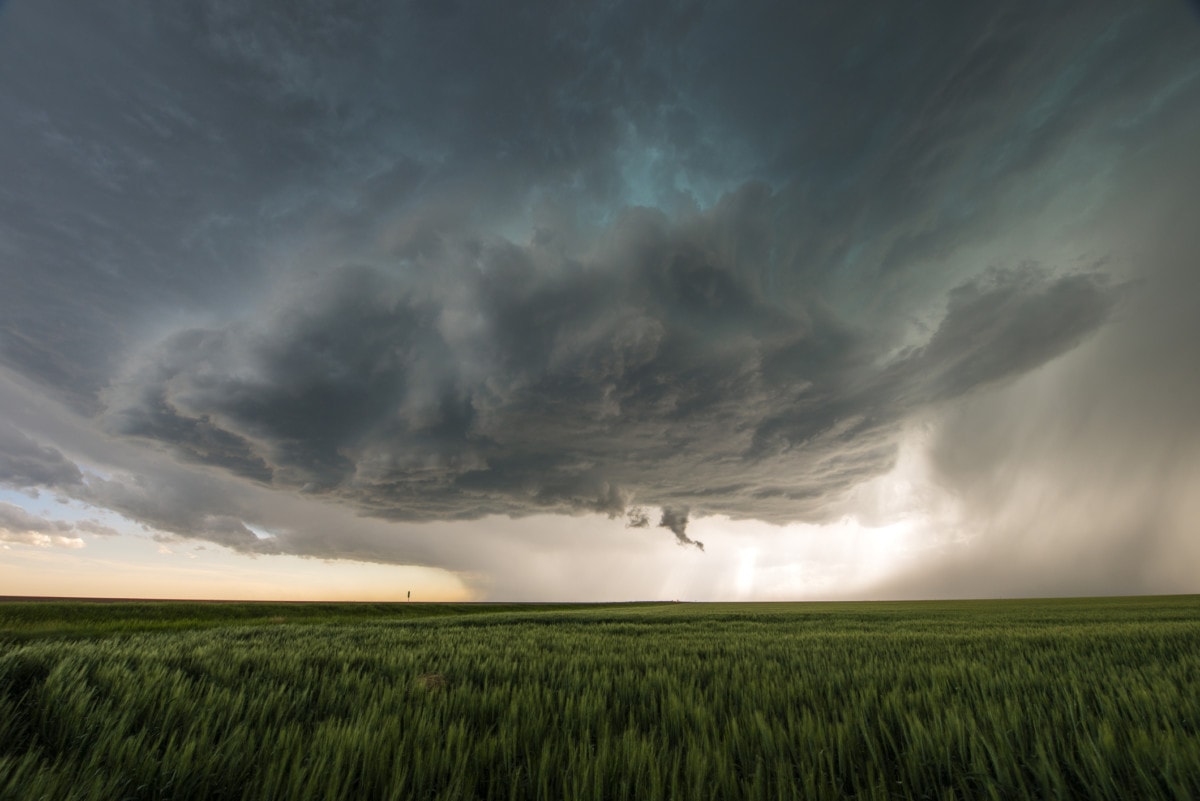
5. Pro: Friendly, community-focused culture
Oklahoma is known for its “small-town feel” despite its growing cities. People are friendly, welcoming, and often go out of their way to help one another. Oklahoma’s strong sense of community is deeply rooted in the “Oklahoma Standard,” a statewide initiative that promotes a culture of caring, service, and kindness. This initiative encourages residents to engage in Acts of Service, Honor, and Kindness, making it a cornerstone of the state’s identity. Whether it’s helping out during natural disasters, supporting local businesses, or simply checking in on neighbors, Oklahomans pride themselves on lending a hand whenever needed. The result is a tight-knit, welcoming environment where people genuinely care for one another. This spirit extends beyond small towns to larger cities like Oklahoma City and Tulsa, creating a unique blend of rural warmth and urban community. For anyone looking to live in a place where people go out of their way to help, Oklahoma offers a supportive, friendly atmosphere that’s hard to beat.
6. Con: You’ll need a car to get around
Living in the Sooner State can present challenges for those relying on public transportation. There are limited public transportation options, with most cities and towns relying primarily on bus systems that may have limited schedules and routes. Additionally, many rural areas in Oklahoma have no public transportation options, making it difficult for residents to access essential services and resources. This lack of public transportation can create barriers for those without access to a car. However, in recent years, Oklahoma has made efforts to improve public transportation options, including expanding bus routes, partnering with ride-sharing companies, and implementing bike-share programs in some areas.
7. Pro: Home to amazing BBQ
Oklahoma is famous for its BBQ culture, with many BBQ joints and competitions throughout the state. The “Oklahoma-style” BBQ, which combines Texan and Kansas City-style BBQ is particularly renowned. It typically features smoked meats such as beef brisket, pork, and sausage served with a tomato-based sauce. Oklahoma is also home to many BBQ festivals and events, including the annual Oklahoma Pork and Barbecue Festival, which attracts thousands of visitors yearly.
8. Con: Limited big city amenities and entertainment
Although Oklahoma City and Tulsa are growing, they still don’t match the size or diversity of offerings in larger urban centers. Cultural events, nightlife, and high-end dining options are more limited, and you’ll have to drive longer distances for specialized services or experiences, like certain types of shopping, entertainment, or international cuisine. Public transit is limited, walkability is low outside of select downtown areas, and late-night options are relatively scarce. For those who thrive on the fast pace and endless entertainment of a big city, Oklahoma may feel a bit too quiet and limited.
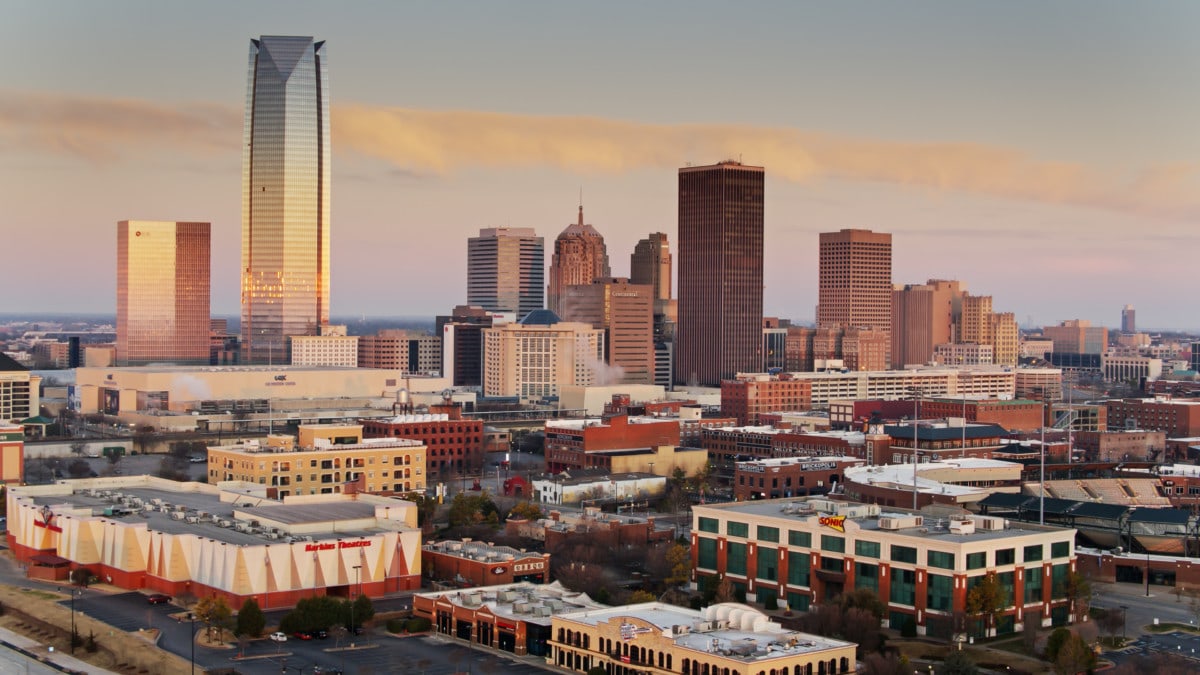
9. Pro: There is a wide range of recreational activities
For outdoor enthusiasts, Oklahoma is a hidden gem. There’s a range of outdoor activities thanks to its varied landscapes, including plains, forests, and mountains. The state has over 200 parks, wildlife refuges, and national forests, so getting into nature doesn’t require long drives or dealing with heavy crowds. Popular spots like the Wichita Mountains and the state’s many lakes give residents plenty of ways to spend time outside.
10. Con: The summers can get hot and muggy
Oklahoma summers are typically warm to hot, ranging from the high 80s to low 90s degrees Fahrenheit. The state experiences high humidity, making the air feel oppressive and increasing the heat index. It is also prone to drought, affecting crops and water resources. You’ll want to prepare your home for drought to protect your property in the summer months.







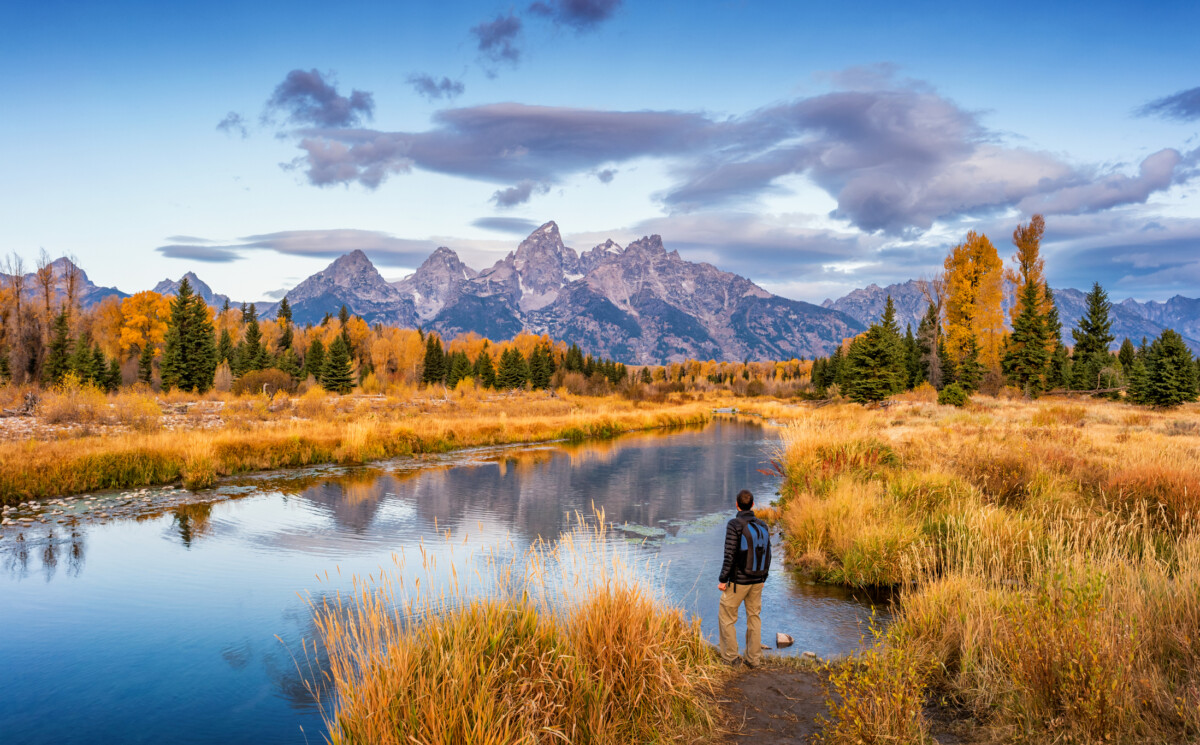
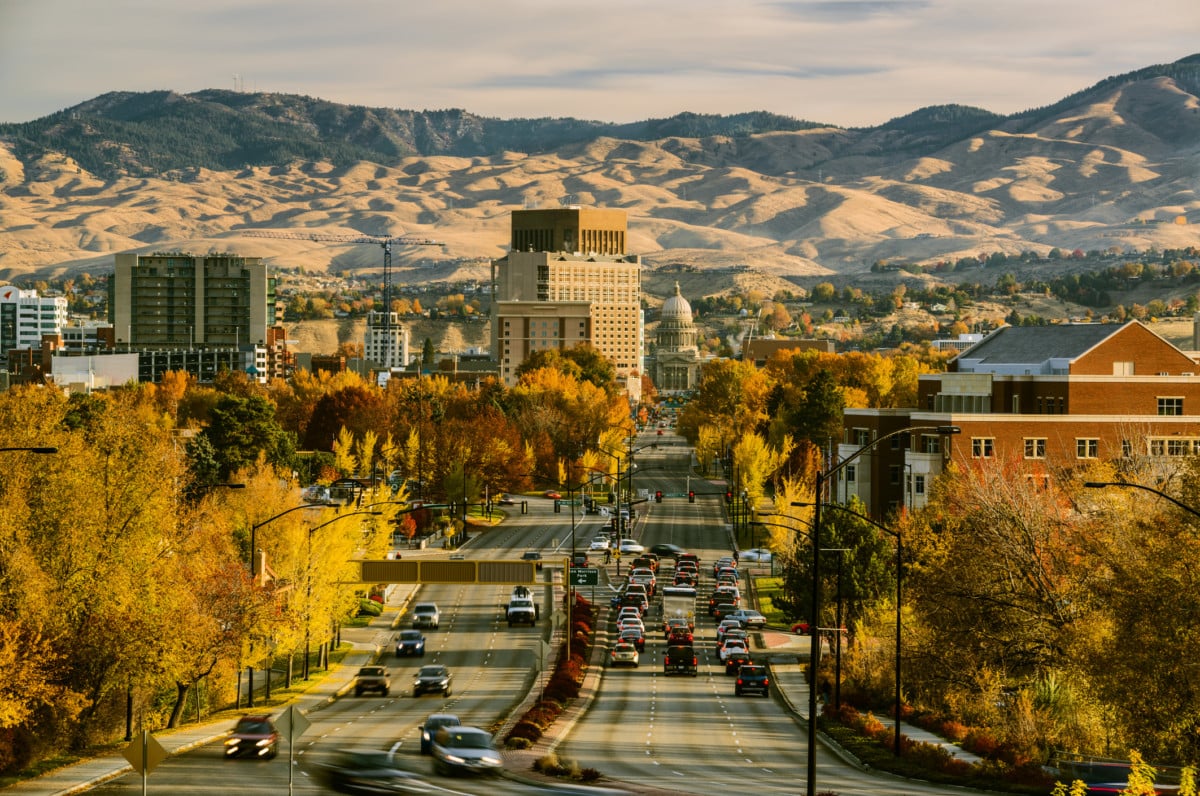




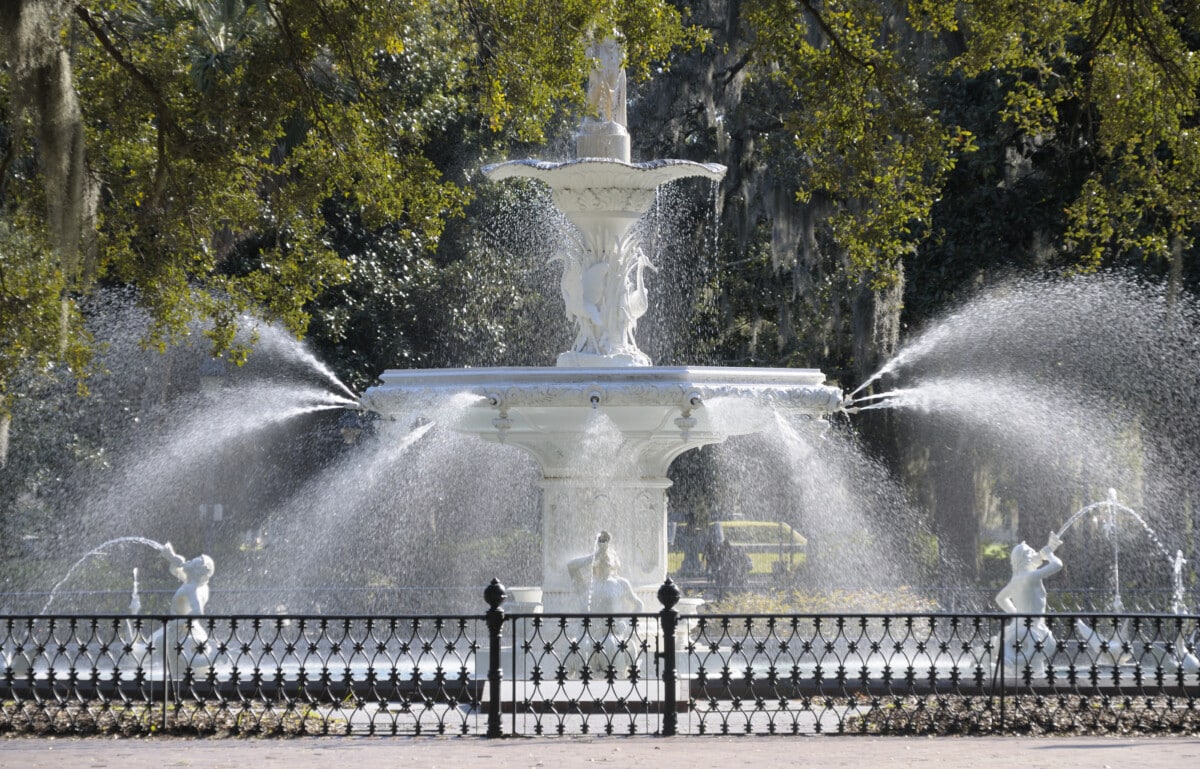





 English (US) ·
English (US) ·